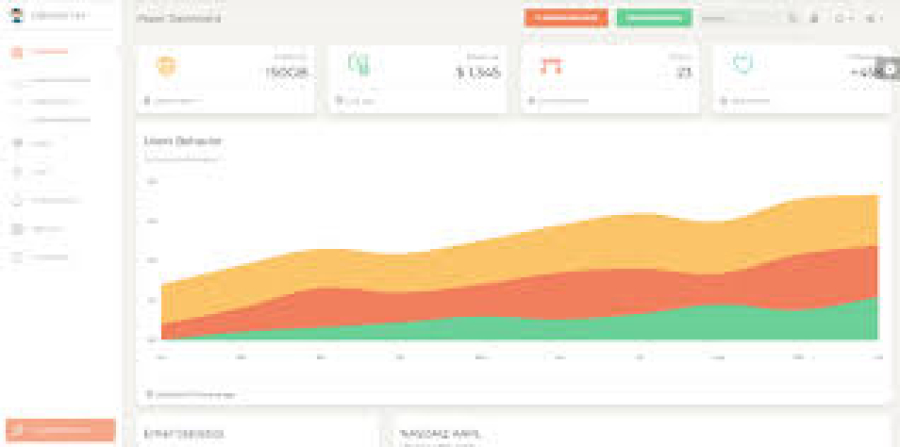How to Optimize Laravel Database Queries for Performance
Database performance is crucial for any web application, especially for high-traffic and data-intensive platforms. In Laravel, inefficient queries can slow down your app, increase server load, and impact the user experience.
Optimizing Laravel database queries ensures your application runs faster, reduces server costs, and provides a seamless experience to users. In this guide, FreelancerBridge will walk you through best practices to optimize database queries in Laravel, covering indexing, eager loading, query caching, and more.
Long Description (SEO Optimized)
Why Optimize Laravel Database Queries?
✔ Faster Load Times – Reduce query execution time and enhance user experience.
✔ Lower Server Costs – Optimized queries require fewer resources, saving hosting costs.
✔ Scalability – Ensure smooth performance as your database grows.
✔ Better SEO – Faster websites rank higher on search engines.
Best Practices for Optimizing Laravel Database Queries
1️⃣ Use Eager Loading Instead of Lazy Loading
✔ Avoid N+1 query problems by using eager loading (with()) instead of making multiple queries.
✔ Example:
✔ This fetches users along with their posts in one efficient query instead of multiple queries.
2️⃣ Optimize Database Indexing
✔ Index frequently searched columns (INDEX, PRIMARY KEY, UNIQUE).
✔ Run:
✔ Improves search speed, especially for large databases.
3️⃣ Use Query Caching
✔ Store frequently accessed query results to avoid unnecessary database hits.
✔ Example:
✔ This caches results for 60 minutes, reducing database load.
4️⃣ Use Selective Column Queries
✔ Avoid fetching all columns when you only need specific data.
✔ Instead of:
✔ Use:
✔ Improves query execution speed.
5️⃣ Optimize Joins & Relationships
✔ Use join() instead of multiple queries when working with related tables.
✔ Example:
✔ Reduces multiple database queries into one optimized query.
6️⃣ Paginate Large Data Sets
✔ Avoid loading thousands of records at once.
✔ Use Laravel’s pagination:
✔ Loads 10 records per page, improving performance.
7️⃣ Avoid Using Raw Queries Unnecessarily
✔ Raw queries can cause SQL injection vulnerabilities and poor optimization.
✔ Instead of:
✔ Use:
✔ More secure and efficient.
8️⃣ Monitor Query Performance
✔ Use Laravel’s built-in query logging & debugging tools.
✔ Enable query logging:
✔ View executed queries:
✔ Helps identify slow queries that need optimization.
Conclusion
Optimizing Laravel database queries improves performance, reduces server load, and ensures a smooth user experience. By implementing best practices like eager loading, indexing, query caching, and pagination, you can significantly speed up your Laravel application.
At FreelancerBridge, we believe efficient web development starts with well-optimized database queries. Start implementing these techniques today to build faster, scalable, and high-performing Laravel applications! 🚀


 by Emily
by Emily




